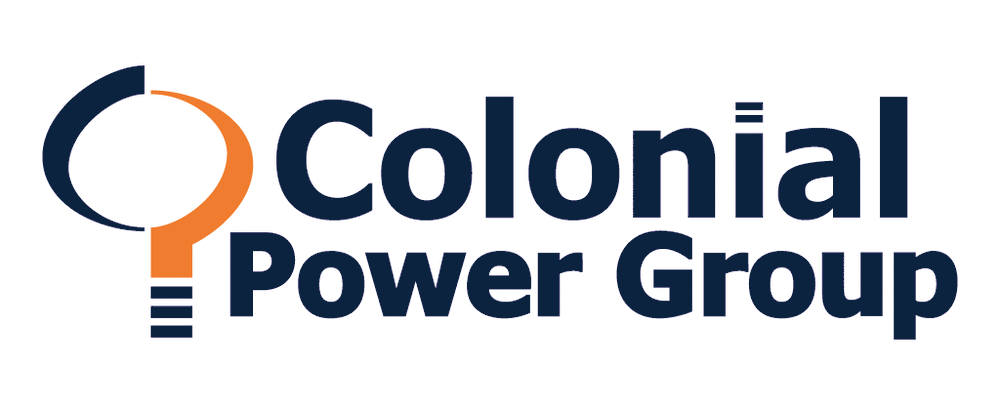RENEWABLE ENERGY OPTIONS
Renewable Energy Certificates (RECs)
It is common for Community Choice Aggregation programs to offer products that include renewable energy content over and above the state mandated Renewable Portfolio Standard (RPS) Obligations . Programs accomplish this by directing their Program’s Competitive Supplier to purchase renewable energy certificates, or RECs (pronounced: rěk). A REC is a market-based instrument that represents the property rights to the environmental, social and other non-power attributes of renewable electricity generation. One REC equals one megawatt-hour (MWh) of electricity generated and delivered to the power grid from a renewable energy resource. Because it is impossible to pinpoint the sources of the physical electricity that we receive through the power grid, RECs play an important role in accounting, tracking, and assigning ownership to renewable electricity generation and use. RECs are the established instrument for suppliers and electricity consumers to substantiate claims regarding renewable energy use.
Click here to watch a short video that explains Renewable Energy Certificates.
Program purchases of voluntary RECs are most easily and economically obtained by incorporating such requirements in a Program’s competitive solicitation for power supply. The solicitation will stipulate the type of REC sought by the town (e.g., NH Class I). Increasing the aggregate demand for RECs through voluntary purchases exerts upward pressure on REC prices thereby supporting renewable projects with incremental revenue.
Direct Investment
Increasingly, communities are interested in exploring new ways to maximize the impact of their procurement — taking more direct action to cause new renewable energy projects to be built. There is growing recognition that simply buying RECs from existing renewable resources is not by itself sufficient to incent new renewable resource development. To obtain financing, renewable project developers need buyers that can make long-term purchase commitments (e.g., through a power purchase agreement, or “PPA”). As an example, consider the 20-year PPAs that several states are requiring investor-owned utilities to sign with offshore wind developers.
Colonial Power Group has rich experience in helping communities identify and deliver local or regional renewable projects that use the municipal aggregation as a mechanism for the renewable project’s energy and attributes. We welcome the opportunity to explore options for your community’s Program.
